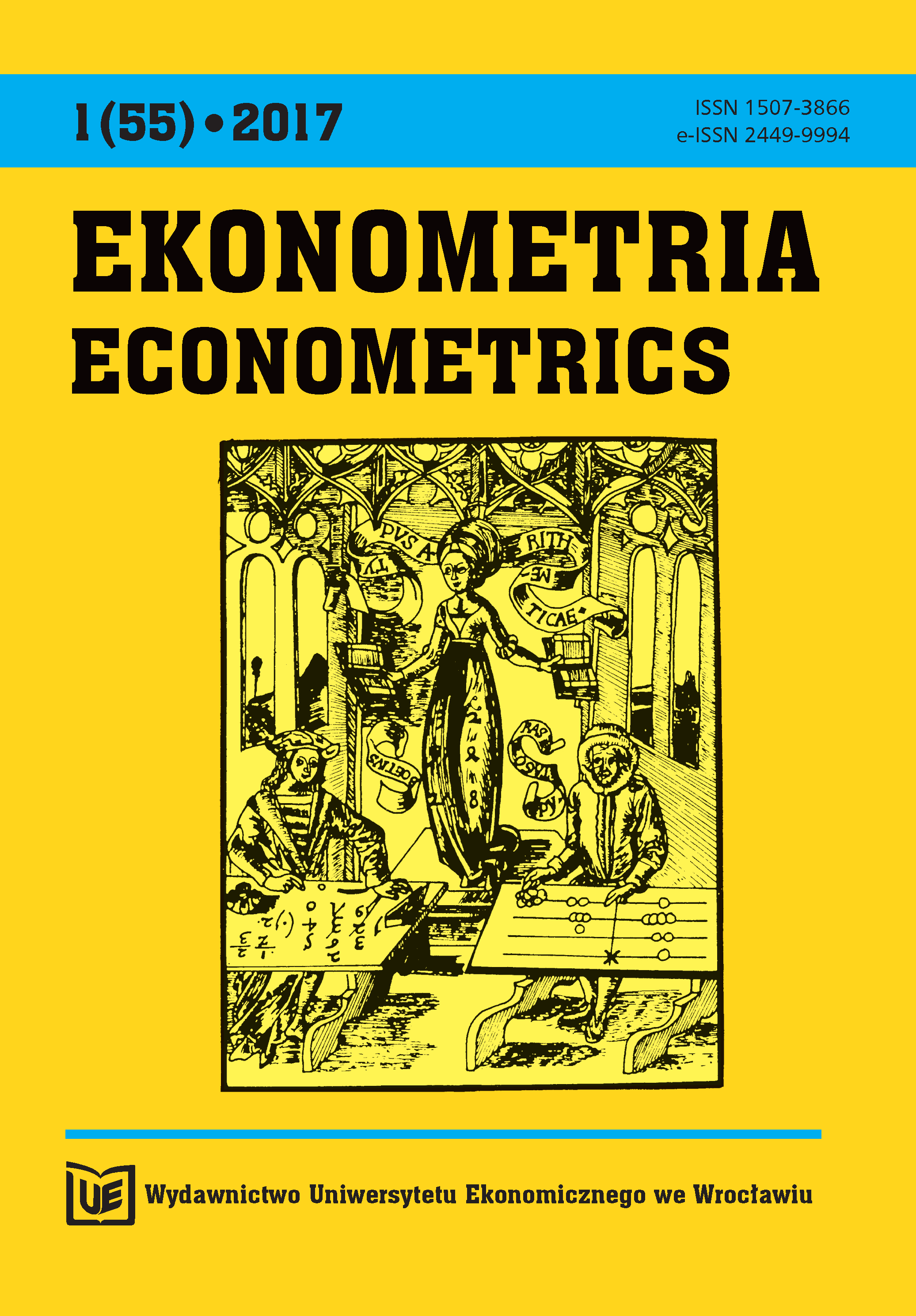Muhasebe Uygulamalarına Etkili Faktörler ve Çin Muhasebe İklimi
Each habitat has its own unique climate. There are many factors that determine the climate. Geography, topography, vegetation, water, etc. factors that determine the climate of the region. Each product will not grow in any climate. Grown products are a result of the climate of that region. In accounting, reflection of the belonged society is also observed. China's accounting development has its own unique way, this specificity has also affected the whole world. The accounting development history of China and The World dates back to three thousand years. Several implementations and changes had been experienced through the development of accounting, and many difficulties had arose accordingly. This study focused on the effect of environmental factors on accounting practices. In addition, factors affecting the accounting practices in China are summarized under the title of Chinese Accounting Climate.
More...



